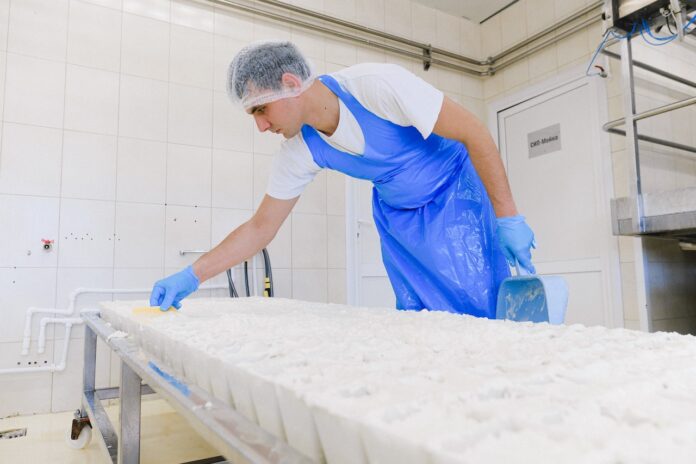Production holds are disruptions to the production process that can occur for a variety of reasons, including equipment failure, quality control issues, raw material shortages, human error, maintenance and repairs, and regulatory compliance. By understanding the most common causes of production holds and taking steps to prevent them, manufacturing facilities can minimize disruptions and keep the production process running smoothly. Here are six common production holds and how to find a solution for them.
Equipment Failure
Equipment failure can occur for a variety of reasons, including wear and tear on machinery, technical issues, or operator error. When equipment fails, it can bring the entire production process to a halt, requiring maintenance or repair before production can resume.
To avoid costly equipment breakdowns, manufacturing facilities can implement regular maintenance and repair schedules, train operators to use machinery properly, and invest in high-quality equipment. By taking these steps, facilities can minimize the risk of equipment failure and keep the production process running smoothly.
Quality Control
Quality control refers to the processes and procedures that a facility uses to ensure that its products meet certain standards of quality. If the facility is not meeting these standards, it may need to put production on hold until the issue is resolved. This can happen for a variety of reasons, including problems with raw materials, equipment failure, or human error.
To ensure outstanding product quality, manufacturing facilities can implement strict quality control procedures, invest in high-quality raw materials and equipment, and train employees on the importance of quality control. By undertaking these measures, facilities can minimize the risk of quality control issues and keep the production process running smoothly.
Raw Materials
Raw materials are the unprocessed materials that a facility uses to produce its products. If there are shortages of these materials, it can cause production holds as the facility waits for new supplies to arrive. This can happen for a variety of reasons, including unexpected demand for a product, problems with the supply chain, or natural disasters that disrupt transportation.
To avert a scarcity of raw materials, manufacturing facilities can implement effective inventory management systems, establish relationships with reliable suppliers, and have backup plans in place in case of unexpected disruptions. By executing these steps, facilities can minimize the risk of raw material shortages and keep the production process running smoothly.
Human Error
Human error is the fact that despite the best efforts of operators and managers, human error can sometimes cause production holds in manufacturing facilities. This can be due to operator mistakes, such as incorrect settings on machinery, or misunderstandings about production processes.
To reduce the potential for mistakes, manufacturing facilities can implement thorough training programs for operators, provide clear instructions and guidelines, and encourage a culture of safety and attention to detail. By taking these steps, facilities can minimize the risk of human error and keep the production process running smoothly. Additionally, facilities can use technologies such as machine learning and artificial intelligence to help automate processes and reduce the likelihood of human error.
Regulatory Compliance
Regulatory compliance discusses the fact that manufacturing facilities must often comply with a variety of regulations, including safety regulations and environmental regulations. If the facility is not in compliance, it may need to put production on hold until the issue is resolved.
To prevent regulatory compliance issues, manufacturing facilities can establish a thorough understanding of the regulations that apply to their operations, implement procedures and processes to ensure compliance, and regularly audit their operations to identify and address potential issues.
Maintenance and Repairs
Manufacturing equipment requires regular maintenance and repairs to operate at peak efficiency. If there are issues with machinery that need to be addressed, it can cause production to hold off until the maintenance or repair work is completed. To preclude the necessity of maintenance and repairs, manufacturing facilities can implement regular maintenance schedules, invest in high-quality equipment, and train operators to identify and address potential issues.
The Bottom Line: Finding a Solution
One way that manufacturing facilities can prevent production holds and improve overall efficiency is by implementing a turnkey ERP solution. By using an ERP solution, facilities can gain greater visibility and control over their operations, enabling them to identify and address potential issues before they cause disruptions. This can help to prevent production holds and keep the production process running smoothly.
In conclusion, production holds are a common occurrence in manufacturing facilities. By understanding the most common causes of production holds, including equipment failure, quality control issues, raw material shortages, human error, maintenance and repairs, and regulatory compliance, facilities can take steps to prevent these disruptions and keep the production process running smoothly.
















